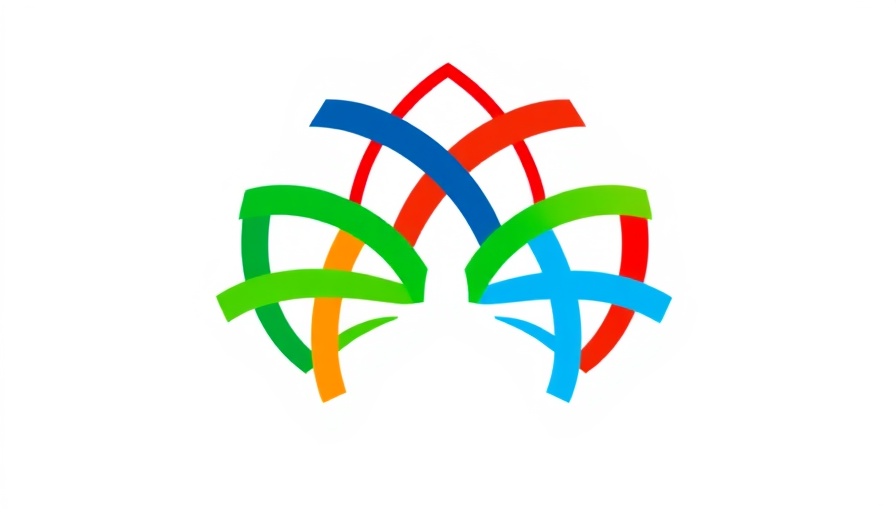
Unlocking the Future of Africa: The IATF 2025 Summit
From September 4 to 10, the bustling city of Algiers will transform into a vibrant hub of commerce, innovation, and collaboration, hosting the landmark Intra-African Trade Fair (IATF) 2025. This gathering marks more than just an exhibition; it is a pivotal opportunity for Algeria to reinforce its commitment to African unity while showcasing its economic potential on a continental stage.
Extraordinary Economic Ambitions Through IATF 2025
The fourth edition of the IATF brings together business leaders, policymakers, and investors under the slogan "Africa for Africans,” a theme that resonates with Africa’s historical aspirations toward economic self-sufficiency and unity. The Algerian government aims to elevate intra-African cooperation to unseen heights, enhancing trade facilitation alongside deeper integration into the continent's booming economic network.
A Strategic Platform for African Integration
This event plays a crucial role in the operationalization of the African Continental Free Trade Area and reflects a broader vision for the continent's economic transformation. As President Abdelmadjid Tebboune champions a narrative of mutual support and collaboration, IATF 2025 symbolizes a commitment to leverage Africa’s rich resources and capabilities to establish a new growth dynamic. Algeria’s strategic repositioning as a continental leader will be on display as various stakeholders converge to discuss actionable trade policies and innovative solutions for shared challenges.
Algeria’s Legacy of Pan-Africanism and Diplomacy
The choice of Algiers as the host city echoes Algeria's historical role in advocating for African liberation and unity since its independence. By currently presiding over multiple African Union initiatives, Algeria stands as a beacon of stability and solidarity in turbulent geopolitical waters. This fair not only highlights Algeria’s logistical and economic strengths but also reaffirms its leadership in crafting a robust intercontinental narrative.
Preparing for Success: Logistics and Infrastructure
The meticulous organization of the fair speaks volumes about Algeria's preparation and commitment towards making the IATF a structural success. Enhancements across infrastructure, logistics, and communication are all aimed at ensuring seamless transactions and promoting high visibility for participating entities. This attention to detail underscores a broader intent to position Algeria as a go-to destination for trade within Africa.
Looking Ahead: Implications for Global Engagement
As IATF 2025 approaches, the implications for Africa’s economic landscape, especially in relation to global trade influence, are profound. The fair stands as a platform for African nations to collectively engage with global partners, asserting their presence in international markets. For investors and business leaders, the upcoming summit offers critical insights into emerging trends and collaborative opportunities across the continent.
The Call to Collaborate and Innovate
The IATF 2025 is not merely a trade fair; it is a transformative event poised to reshape Africa's socio-economic trajectory. As policymakers, academics, and business leaders gather in Algiers, now is the time to harness this momentum. Engage with this complex narrative of intra-African trade to explore new horizons of opportunity, and contribute to the continent's evolving economic landscape.
 Add Row
Add Row  Add
Add 


Write A Comment